Description
By Shu-De Jiao
Translated by Craig Mitchell
Digital Goods, Ebooks
ISBN 9780912111629
730 pages
A note on our eBooks: Our eBooks use Digital Rights Management (DRM), managed by Adobe, a systematic approach to copyright protection for digital media. Our eBooks are currently compatible with the Adobe Digital Editions reader, paired with an Adobe ID. Please see the eBook help page for more information on setting up and reading your eBooks.
Your access key and instructions will be sent in a separate email, apart from your order receipt, after payment is successfully processed, usually within 24-48 hours.
This text is a fine example of how clinical medicine can be successfully delivered to students and practitioners. During his more than 60 years of clinical experience, Jiao Shu-De has taught a range of students from barefoot doctors to advanced graduates of China’s top traditional medical schools, and has developed considerable skills in transmitting Chinese medicine. His lectures and his numerous published works give students and practitioners access to the knowledge and skill of one of the most eminent living teachers and writers in the field.
Dr. Jiao discusses approximately 300 Chinese medicinal herb substances in practical terms. He begins each section with basic information about a given substance such as taste, temperature, and entering channels. This is followed by a discussion of the functions and indications for the substance. Here, Dr. Jiao gives the details of specific practical applications for each medicinal, including representative formulas for each given function, and also information about specific preparations and dosages, and comparisons with other medicinals having similar or related actions.
Ten Lectures supplements standard Chinese materia medica with copious detail on clinical applications from a personal clinical experience — information about the medicinals that is not available in any current English-language materia medica. For example, the information comparing and contrasting medicinals having similar functions can help practitioners make better clinical decisions. Dr. Jiao also discusses a specific medicinal’s actions in the context of well-known and frequently used formulas. Within practical discussions of medicinal agents, he explains fundamental theory, allowing all levels of student or practitioner to gain increased understanding. Dr. Jiao elucidates information that a practitioner may have already memorized but in a way that allows for better clinical implementation. The Preface provides critical information about the study of the materia medica and the use of prescriptions. The final chapter discusses formula organization with specific examples from Dr. Jiao’s own clinical experience.
Although Dr. Jiao stresses the importance of using the results of modern scientific research in order to advance the study and development of traditional Chinese medicine, he nonetheless places equal importance on the need to view these results in the context of the theories of traditional medicine. He is disturbed by the tendency for modern physicians to lose sight of traditional theories and principles in the face of biomedical research. When asked about this, he replied that the physicians of antiquity didn’t know the word “hepatitis,” but they could treat it without knowing anything about liver enzymes or antigen/antibody titers. He advocates a research methodology that he describes as “carrying on tradition, choosing the strong points, highlighting the distinguishing traits, and developing new ideas.”

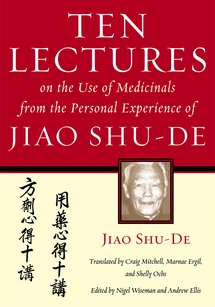
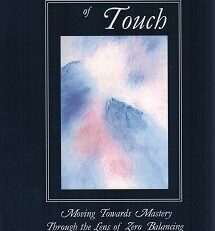
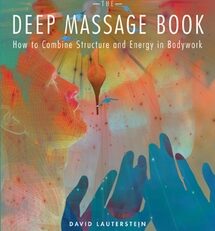
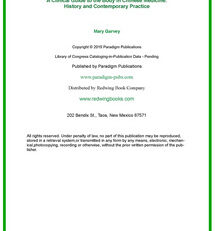
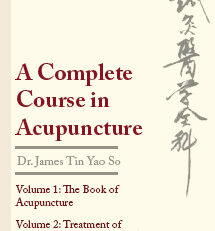
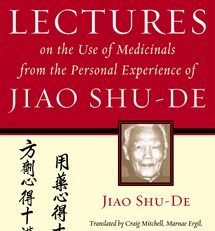
Reviews
There are no reviews yet.